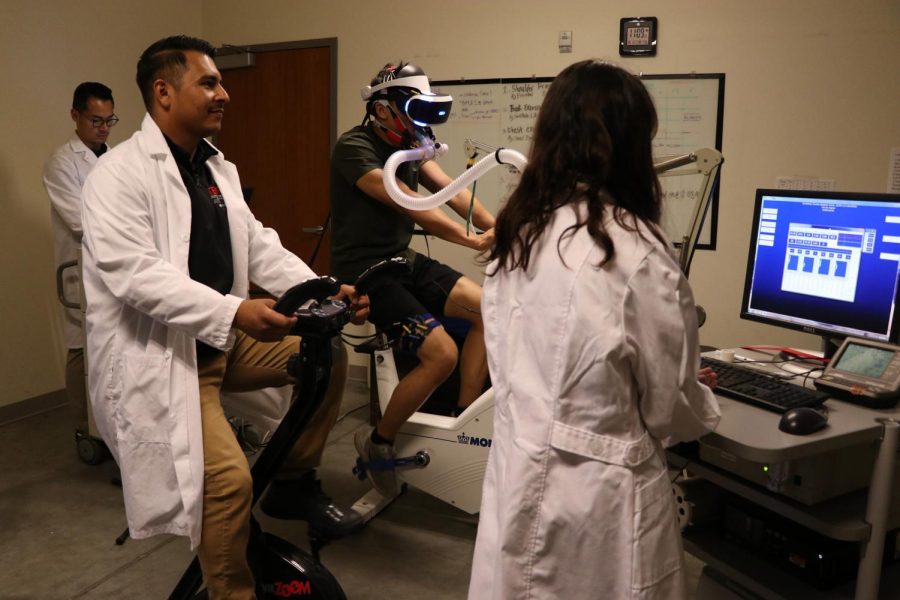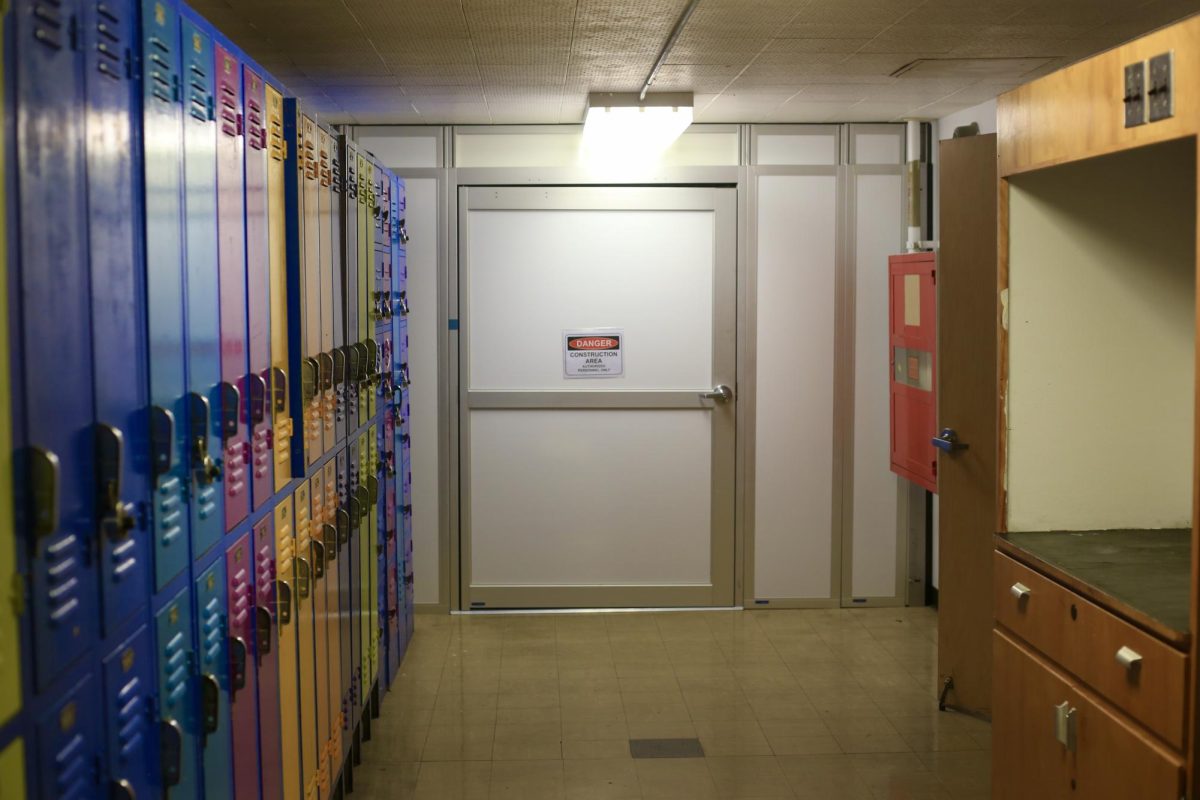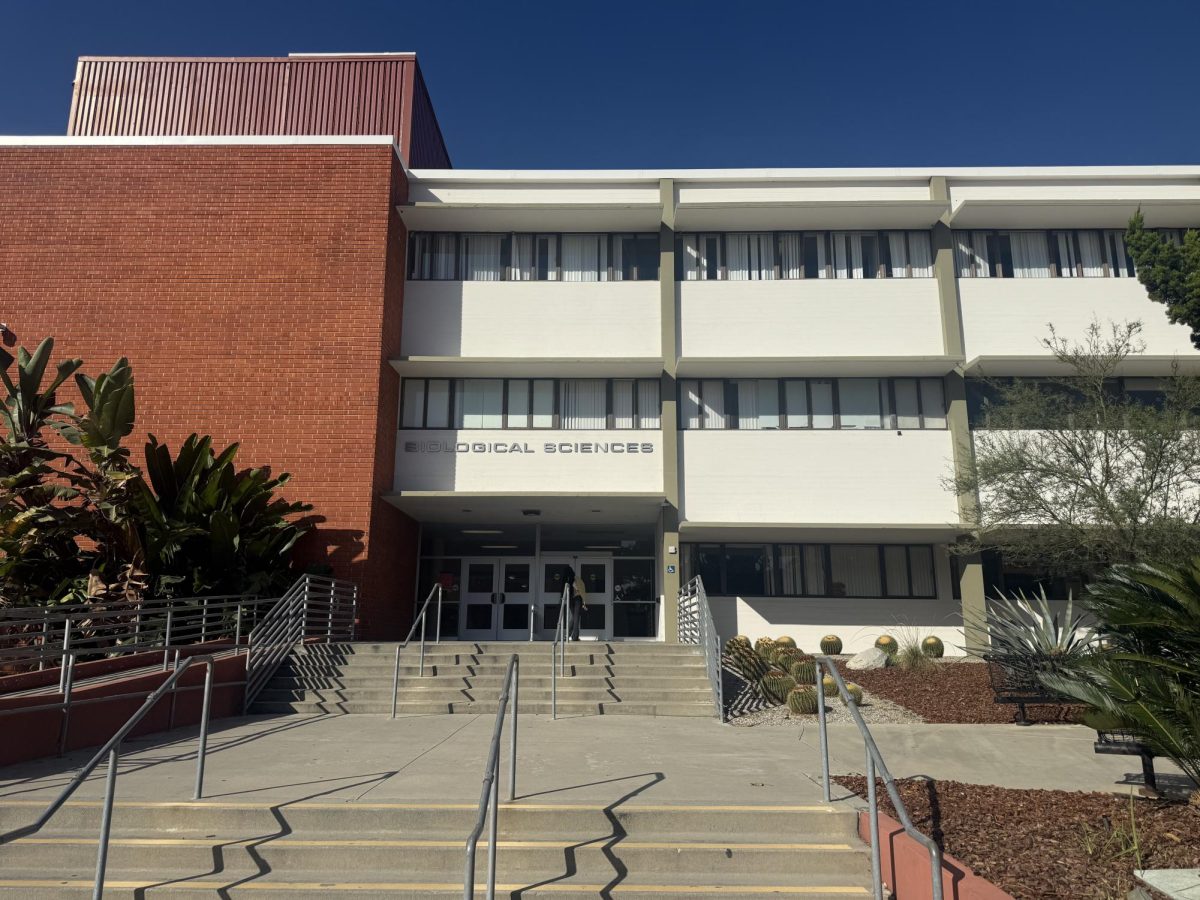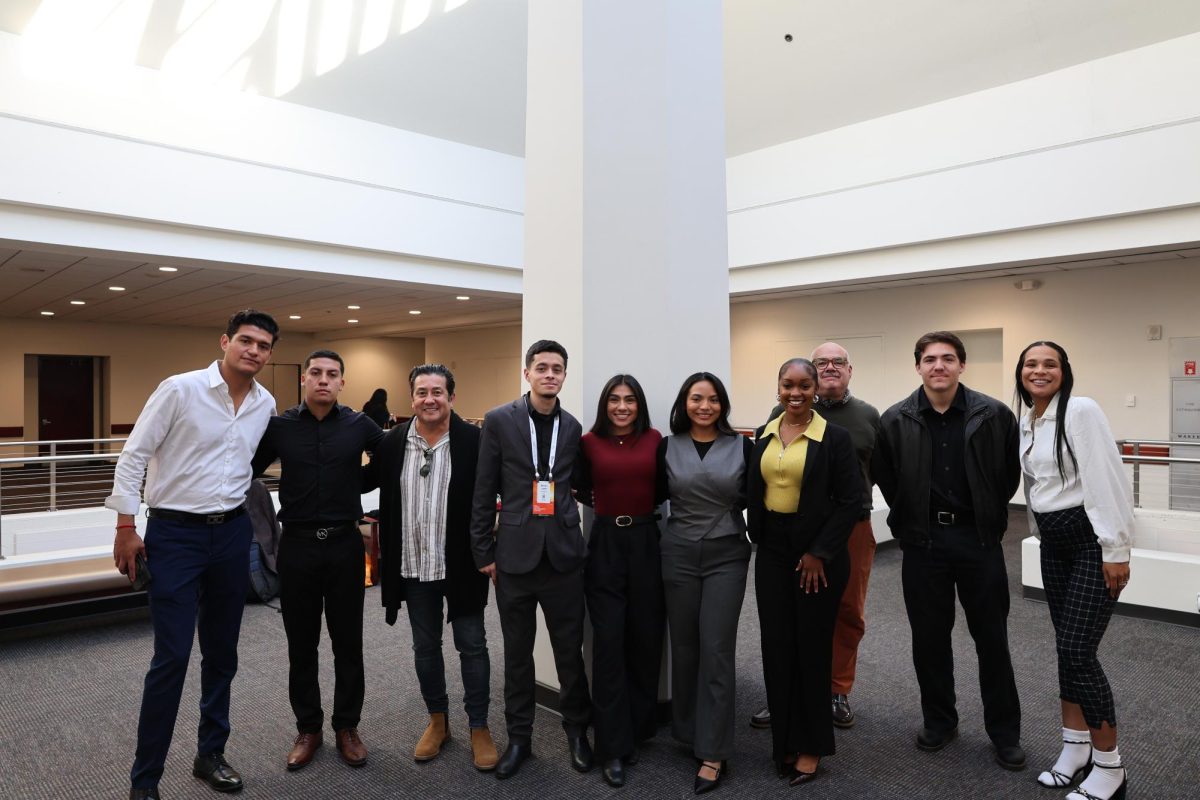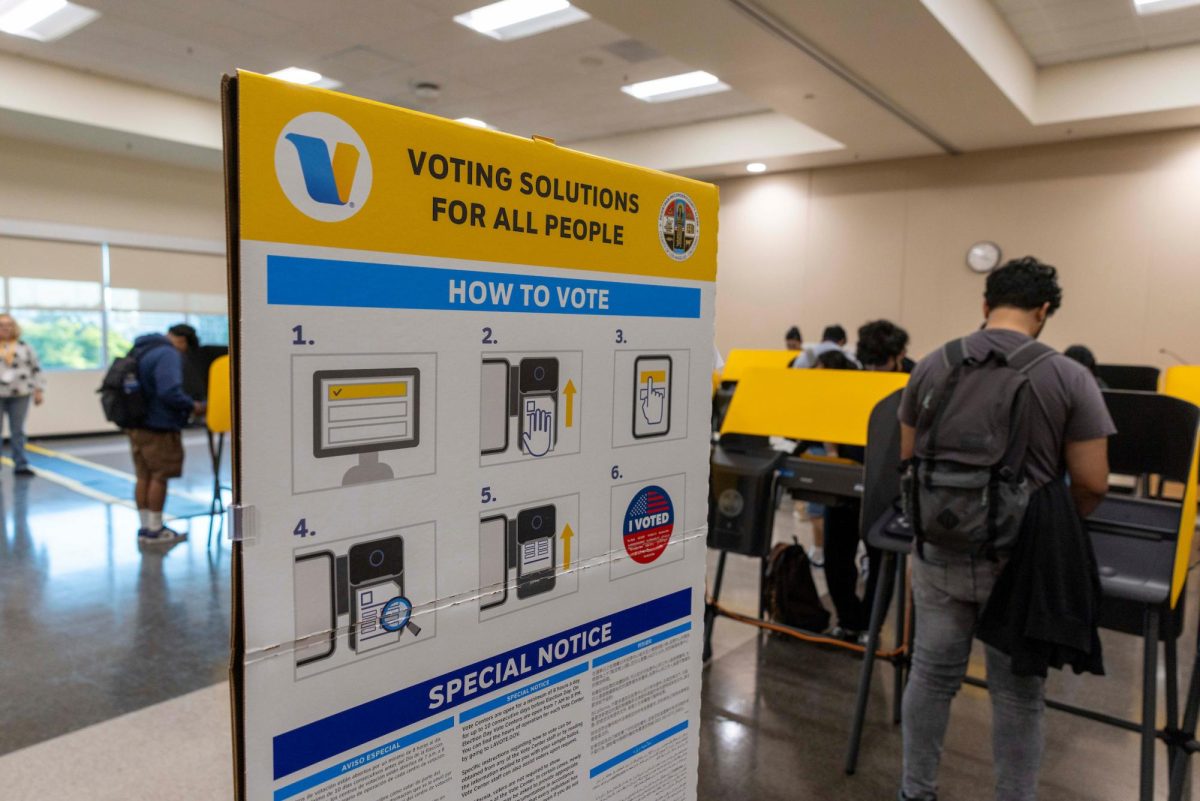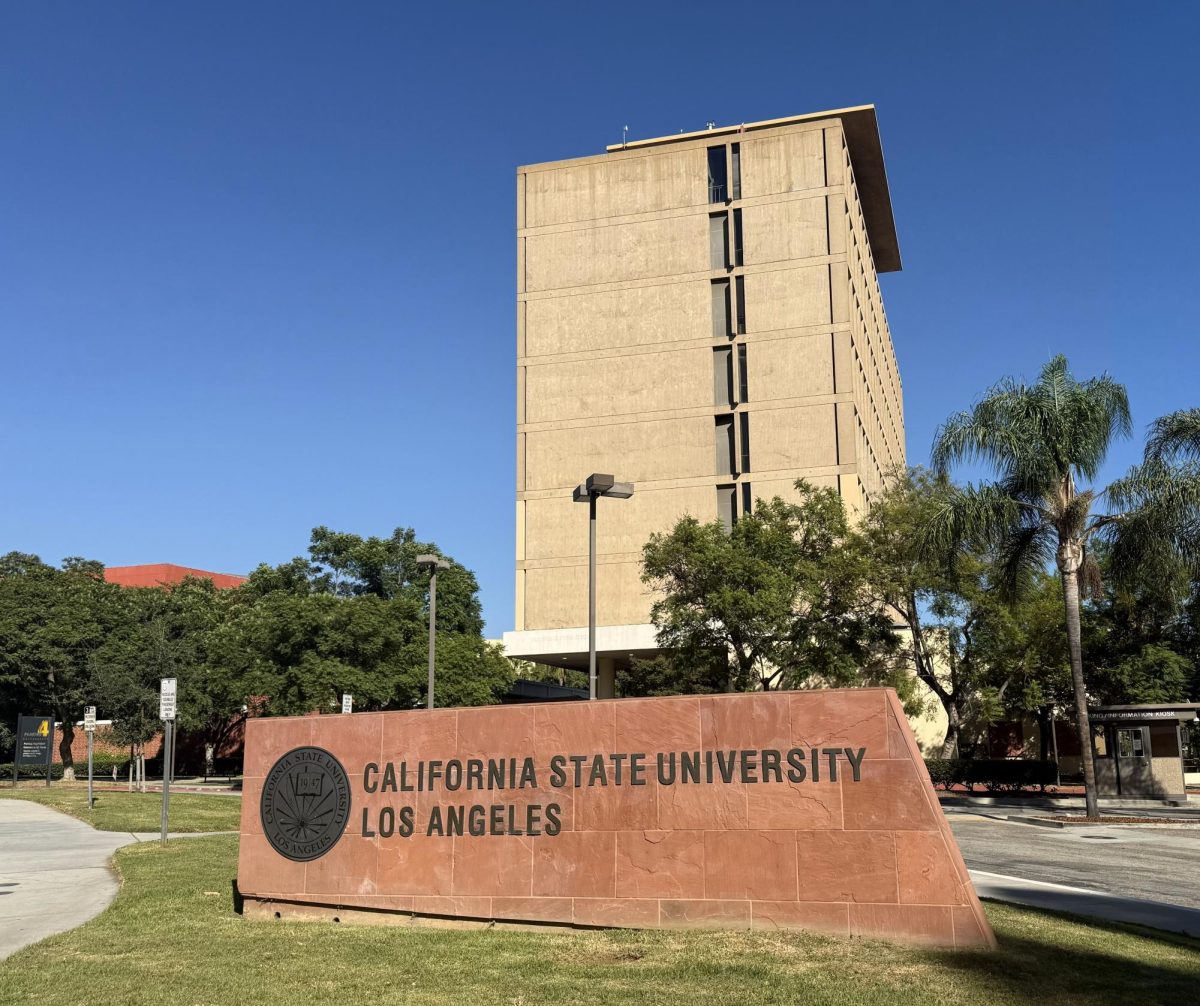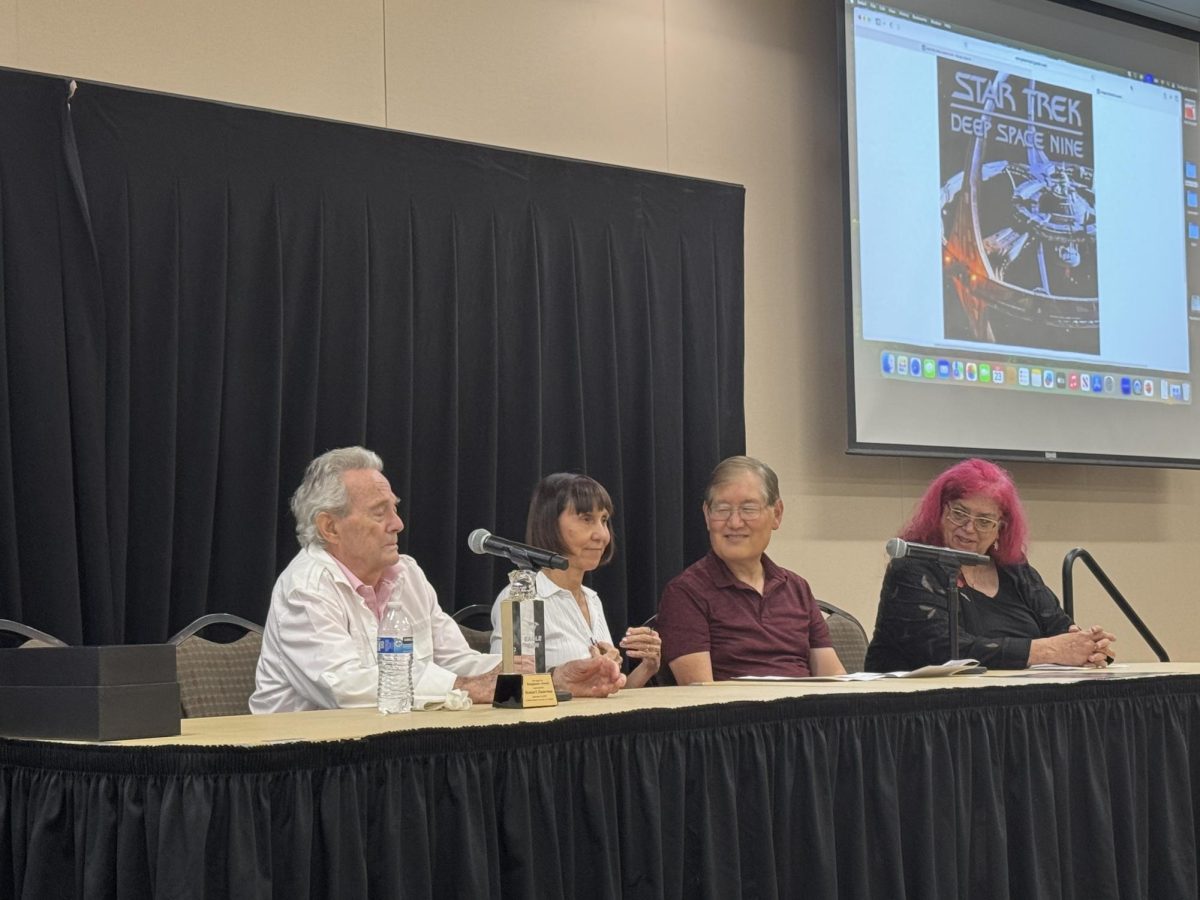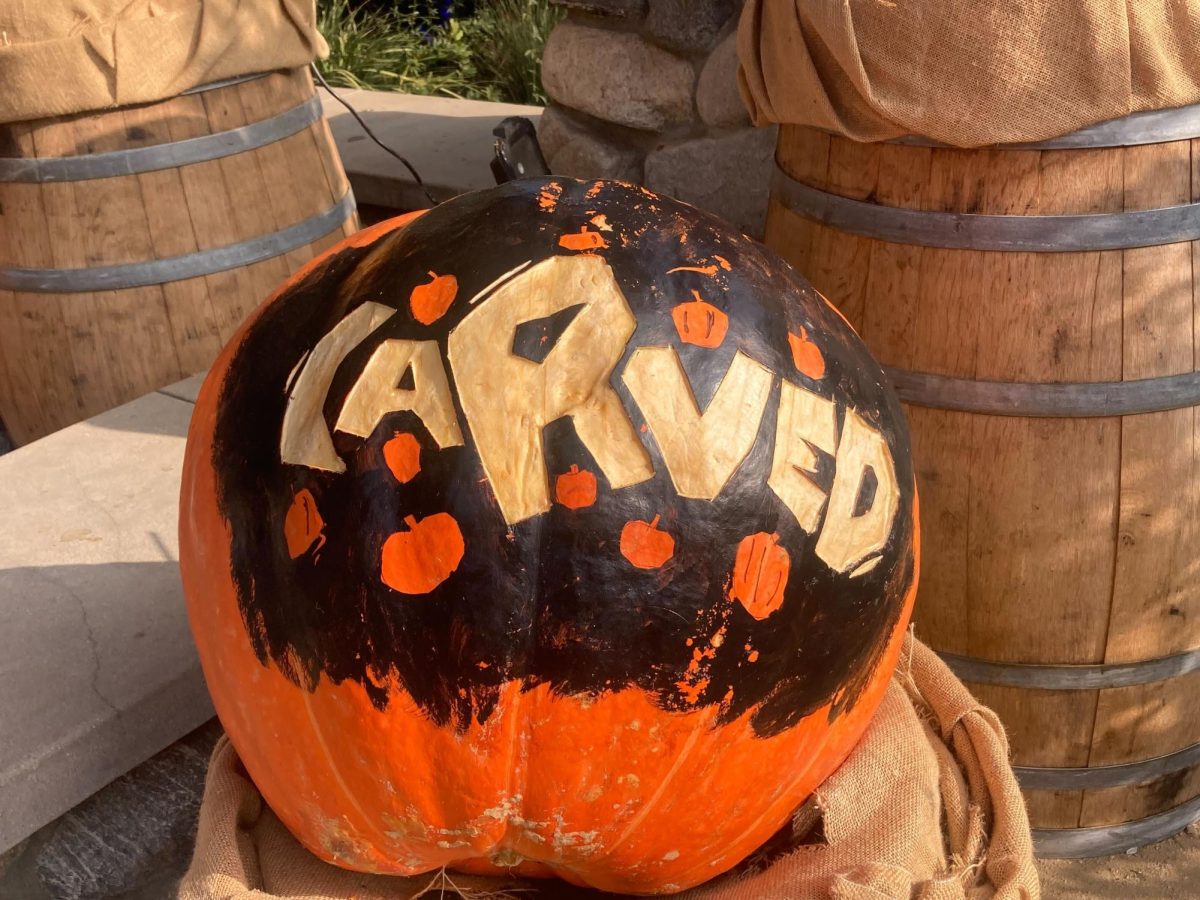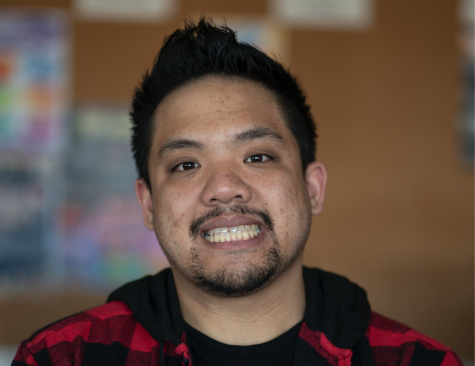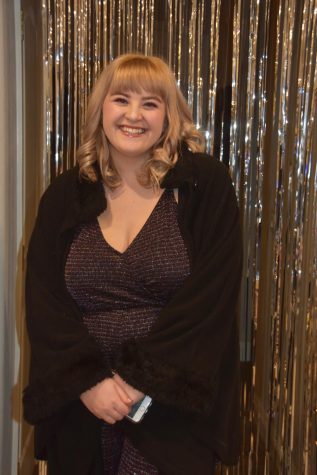For over a year, Dr. Stefan Keslacy and graduate student Hai Tran of the Kinesiology department have been developing research that questions if stimulating the brain using a Playstation 4 and a VR headset can benefit the human body while aging.
“With age, brain fitness decreases and it can lead to cognitive impairment and Alzheimer’s disease. The aim of this project is to boost the beneficial effect of exercise on the brain, especially in an older population. We are using a virtual reality system to try to increase brain stimulation during exercise,” Kaslacy explained.
Kaslacy considers the research on older individuals important because “age is the main risk factor for dementia.”
“Ultimately, if proven right, our work can be used to help with Alzheimer’s disease,” he added.
In the experiment, participants exercise on a stationary bike with the VR headset and were asked to bike for 18 minutes and maintain a constant speed. During the experiment, participants are hooked up with electrodes to the head and legs to measure blood oxygen levels. In some experiments, the VR headset was not used and simulated races were done.
They utilize Near Infrared Spectroscopy (NIRS) to collect and process data they receive from their experiments. According to Sciencedirect.com, NIRS is a tool used to provide data about body tissues and assessing oxygen flow in order to study brain activity.
“We believe that in reality, when exercising, you need to keep your brain active. Thus, with the advance in virtual reality, we hope that it will stimulate the brain and boost the effects of exercise on oxygenation,” said Kaslacy.
Even though the target demographic for this project is the elderly, Tran explained that a younger audience can also participate in the project.
“Actually I need both, so by looking at both young 18 to 35 and the older group ages 50 to older, I’m trying to compare and contrast how the group responds to the exercise and virtual reality,” said Tran.
The experiment will be ongoing until the end of the fall semester. Kaslacy and Tran hope they can expand this project outside of Cal State LA and that VR can help them learn more about diseases of the brain and aid people to become more active.

